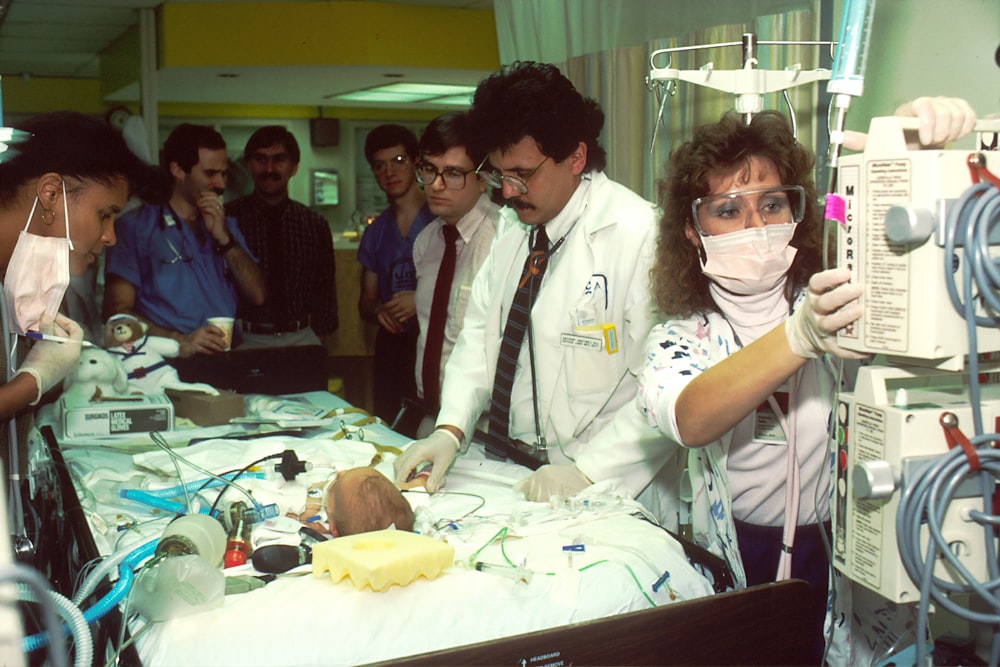
Unmasking Healthcare Deception
Delving into the world of reporting healthcare fraud is akin to unmasking a complex web of deception within the healthcare industry. This article serves as a comprehensive guide to navigating the intricacies of recognizing, reporting, and combatting fraud that undermines the integrity of healthcare systems.
The Pervasive Issue of Healthcare Fraud
Healthcare fraud is a pervasive issue that encompasses various schemes aimed at exploiting the healthcare system for financial gain. From false billing and kickbacks to upcoding and identity theft, these fraudulent activities compromise the quality of care and divert resources away from legitimate medical needs.
The Imperative of Reporting
Reporting healthcare fraud becomes imperative in the battle against deceptive practices. Individuals, healthcare professionals, and organizations play a crucial role in identifying and reporting suspicious activities. This collective vigilance serves as a frontline defense, preserving the sanctity of healthcare services.
Recognizing Red Flags
Recognizing red flags is the first step in reporting healthcare fraud. Unusual billing patterns, discrepancies in medical records, and suspicious billing practices are among the indicators that merit attention. Education and awareness are key components in empowering individuals to identify these red flags.
Initiating the Reporting Process
When suspicions arise, initiating the reporting process becomes paramount. Reporting healthcare fraud involves reaching out to relevant authorities, such as regulatory bodies, law enforcement agencies, or utilizing dedicated online platforms. This process ensures that suspicions are thoroughly investigated.
Collaborating with Regulatory Bodies
Collaboration with regulatory bodies is instrumental in the fight against healthcare fraud. Healthcare professionals and organizations must actively engage with regulatory agencies to share information, provide evidence, and contribute to ongoing efforts to combat fraudulent activities within the industry.
Utilizing Technology for Vigilance
In the digital age, technology serves as a powerful ally in the battle against healthcare fraud. Reporting platforms, such as the one available at amalislam.com, provide a user-friendly interface for individuals to confidentially report suspicions and actively contribute to the fight against fraud.
Ensuring Whistleblower Protection
Reporting healthcare fraud often involves individuals stepping forward as whistleblowers. Ensuring whistleblower protection is crucial to encourage individuals to come forward without fear of retaliation. Legal safeguards and confidentiality measures play a pivotal role in fostering a culture of reporting.
The Ripple Effect of Reporting
Reporting healthcare fraud goes beyond individual cases; it has a ripple effect on the entire healthcare ecosystem. Timely reporting leads to investigations, prosecutions, and the implementation of preventive measures, safeguarding the integrity of healthcare services for the benefit of all.
A Call for Collective Vigilance
In conclusion, reporting healthcare fraud is a call for collective vigilance. It requires a proactive approach from individuals, healthcare professionals, and organizations to identify, report, and combat deceptive practices. By actively participating in the reporting process, we contribute to a healthcare landscape that prioritizes honesty, transparency, and the well-being of all patients.







